In a startling development, reports have emerged of arrests in Saudi Arabia linked to social media posts critical of Israel amid speculation of warming ties between Riyadh and Tel Aviv.
According to a report by Bloomberg, several individuals have been detained in Saudi Arabia for expressing opposition to Israel's actions in the Palestinian Gaza Strip. While the exact number of arrests remains undisclosed, among those detained is a prominent company official involved in a project for Saudi Crown Prince Mohammed bin Salman.
The arrests were triggered by posts condemning Israel's military campaign against Hamas in Gaza. A media personality advocating for a boycott of US-based brands due to Israel's actions also found themselves detained for their comments.
Sources close to the Saudi government suggest that the crackdown is motivated by fears of growing pro-Iranian sentiments within the kingdom. The Saudi government, however, maintains its stance that diplomatic relations with Israel hinge upon the establishment of an independent Palestinian state.
Yet, recent events have raised speculation about a potential shift in Saudi Arabia's Middle East policy, allegedly influenced by the United States. This shift comes amidst escalating tensions in the region following the Hamas-initiated military operation against Israel last October, which prompted a swift and deadly Israeli response, resulting in significant Palestinian casualties.
While calls for an end to the Gaza conflict reverberate across the Middle East, including from countries like Iran, Saudi Arabia, Jordan, and Yemen, the response from regional governments varies. Saudi and Egyptian authorities, perceived to be under US influence, have been criticized for their muted reactions, with some accusing them of complicity through silence. Conversely, the Jordanian government has openly aligned itself with Israel, further complicating the regional landscape.
As tensions continue to simmer in the Middle East, the arrests in Saudi Arabia underscore the complexities surrounding the Israeli-Palestinian conflict and its broader geopolitical implications.



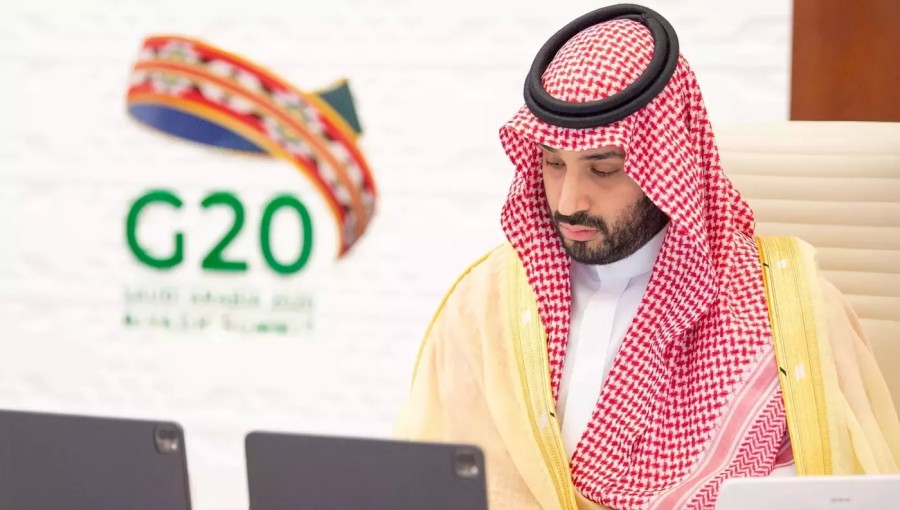
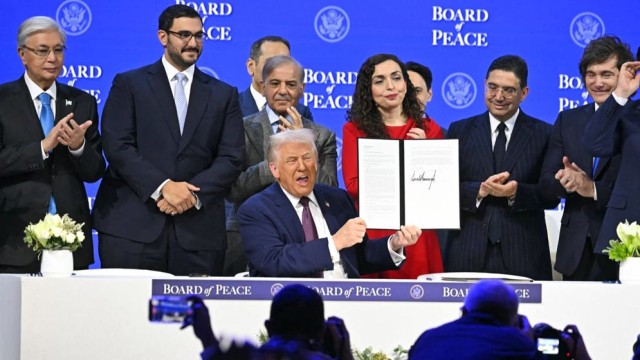

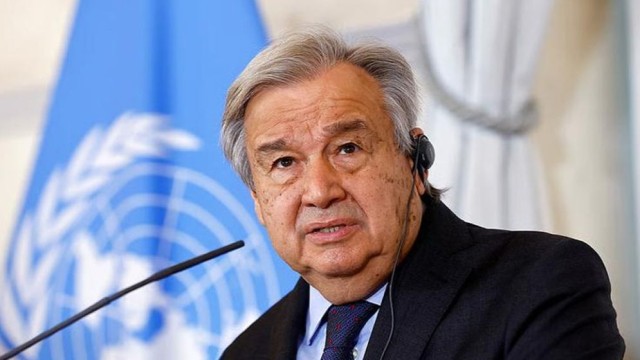
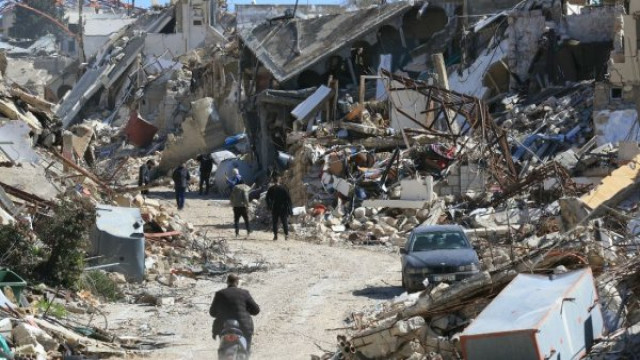
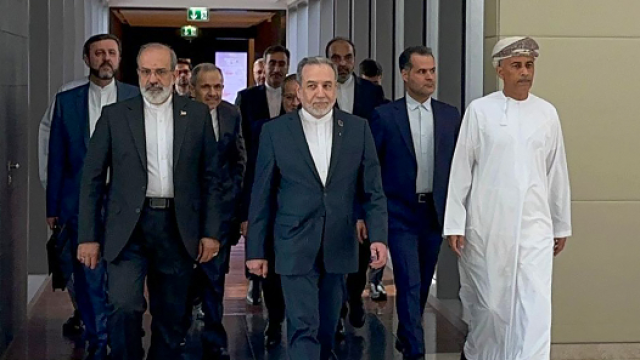
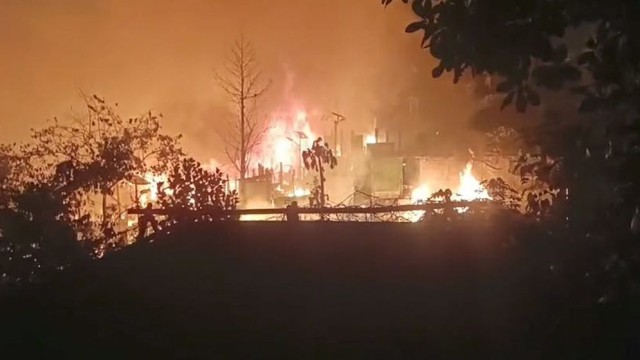





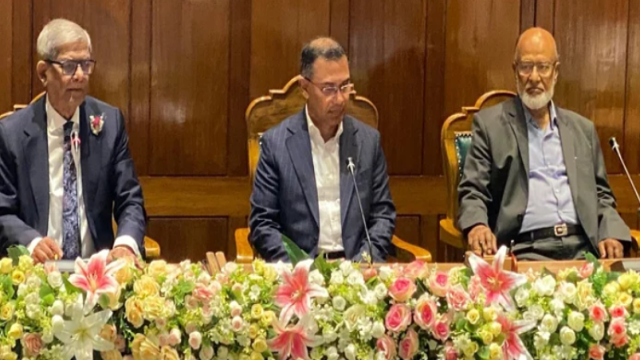



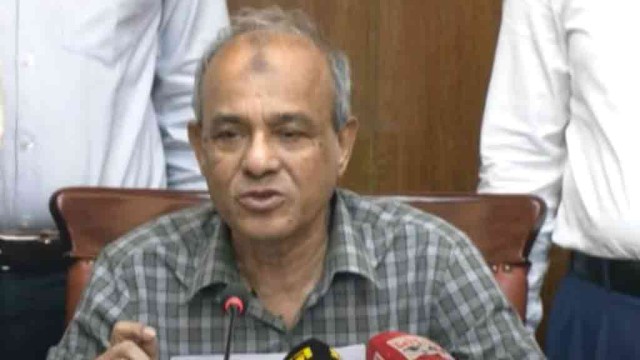











Comment: